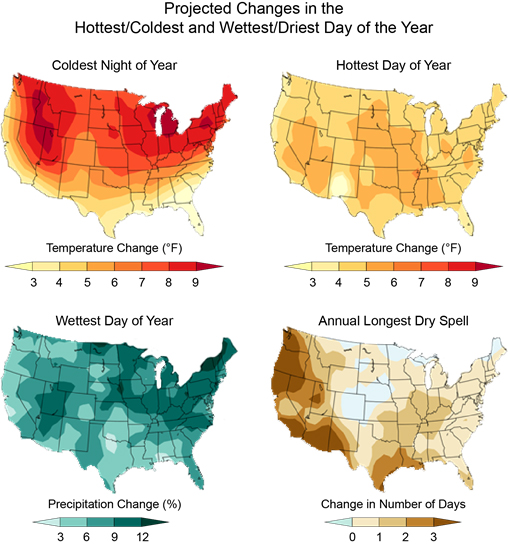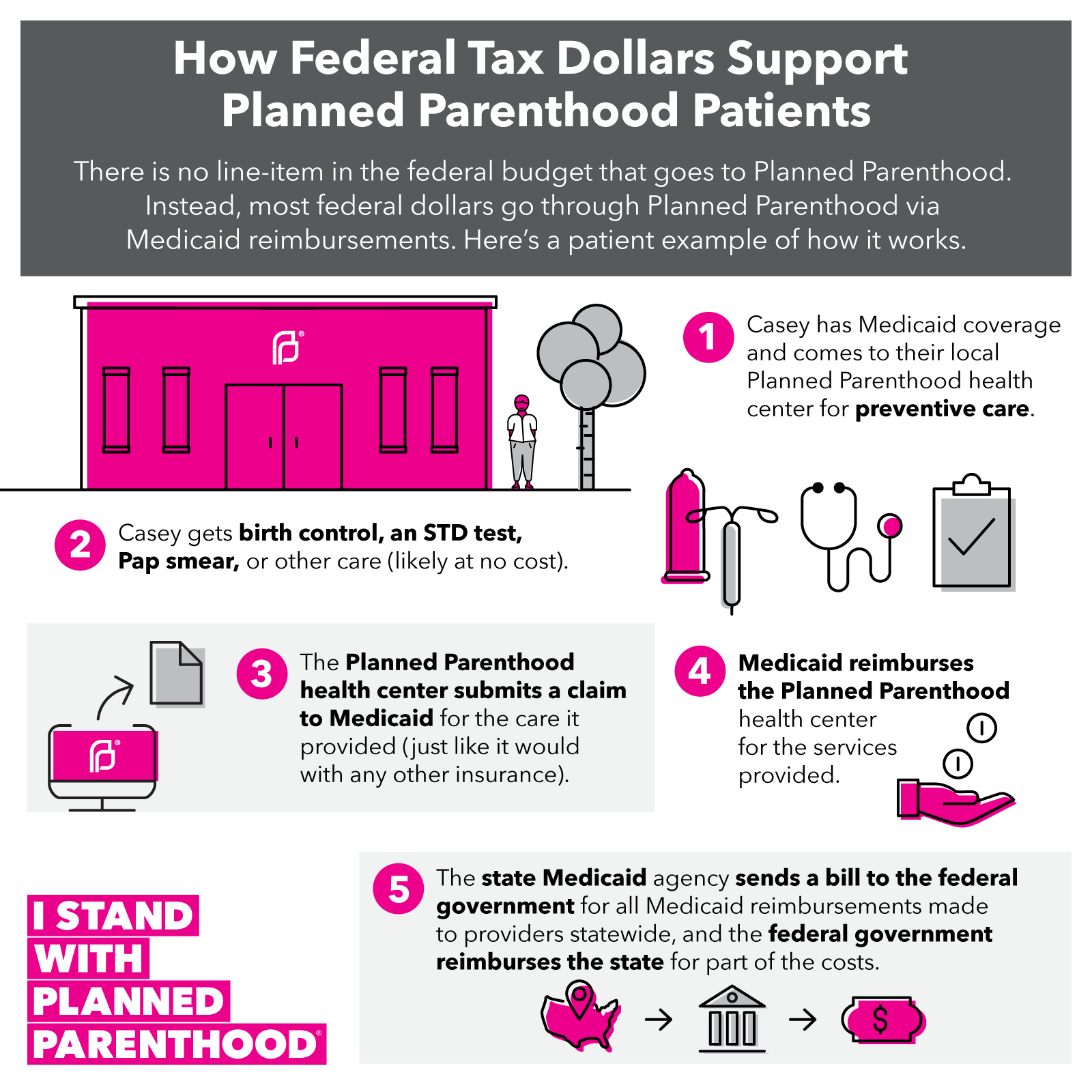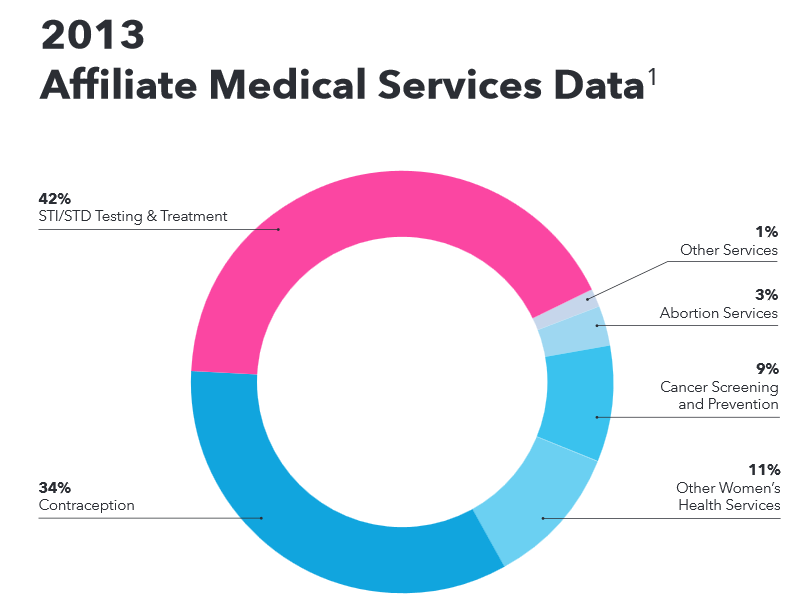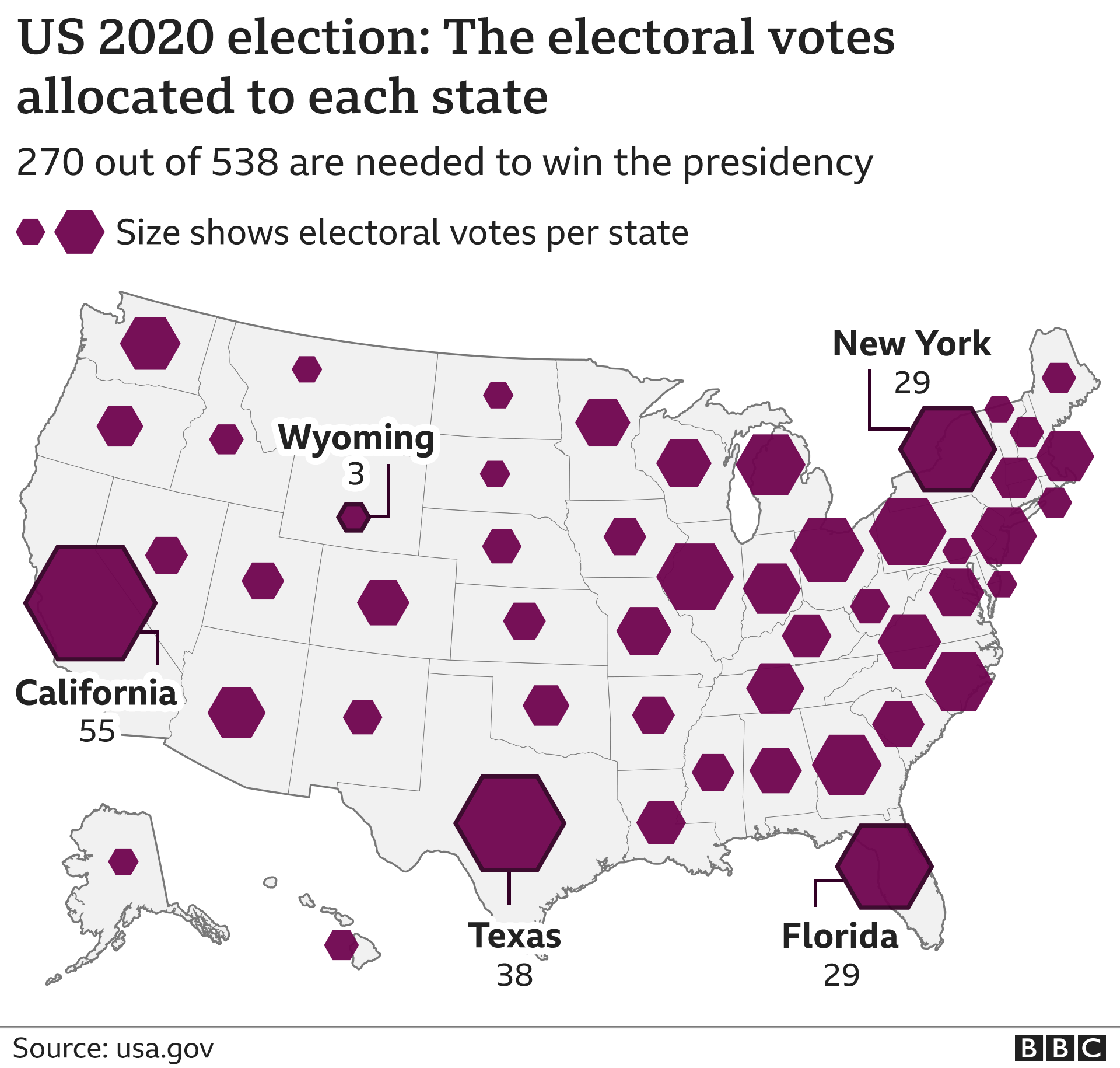Human-caused global climate change is primarily due to the release through our activities of greenhouse gases. Human-caused climate change also threatens food safety in multiple ways including lowering the nutritional quality of staples like wheat and rice causing greater accumulation of mercury and other toxins in seafood and increasing the chance for food-borne pathogens to enter to food supply.
 Climate Impacts On Human Health Climate Change Impacts Us Epa
Climate Impacts On Human Health Climate Change Impacts Us Epa
A recent study published by Stanford University showed that global wheat.

How does global warming affect humans. Human activities are causing Earth to heat up in ways that are different from warm periods in the past. Global Warming is a Growing Problem The growth of the human population and the growth of consumption adds up to an ever-escalating carbon output. Since 1900 the average surface air temperature.
Humans cause climate change. Indirect effects include disruption to economic and social activity which can impact health if for example it reduces peoples ability to earn a livelihood. Natural changes in the Sun and Earth cannot explain todays global warming.
Global warming affects the geography within which the global economy operates. Direct effects include exposure to extreme weather events such as heat waves. The consensus in the scientific community is that global warming is caused by human activities primarily the burning of fossil fuels.
Climate change is increasingly affecting human health. Cities at Risk As climate change worsens dangerous weather events are becoming more frequent or severe. Overall precipitation patterns are also changing bringing droughts to some areas of the world and floods to others.
Global warming has both direct and indirect health effects. Among these carbon dioxide is of greatest concern to scientists because it exerts a larger overall warming influence than the other gases combined. Earth is getting hotter.
Scientists agree that global warming is caused mainly by human activity. Global warming can result in many serious alterations to the environment eventually impacting human health. It changes the places where humans will feel comfortable living.
Specifically the evidence shows that certain heat-trapping gases such as carbon dioxide are warming the worldand that we release those gases when we burn fossil fuels like coal oil and gas. Extreme heat will affect health energy agriculture and more. It can also cause a rise in sea level leading to the loss of coastal land a change in.
Climate change encompasses not only rising average temperatures but also extreme weather events shifting wildlife populations and habitats rising seas and a. How do we know. Global warming stresses ecosystems through temperature rises water shortages increased fire threats drought weed and pest invasions intense storm damage and salt invasion just to name a few.
Greenhouse gases are released into the air where they persist for a long period at. Carbon dioxide methane nitrous oxide ozone and various chlorofluorocarbons are all human-emitted heat-trapping gases. Decreased water availability will have economic and environmental impacts.
Changes attributed to global warming include rising. Youve probably heard a lot of talk about global warming but if we want to decrease global warming then the amount of carbon released each year by humans must be drastically reduced. It changes growth zones.
Steam billows from the Intermountain Power Plant in Delta Utah. Some of Australias great natural icons such as the Great Barrier Reef are already threatened. More frequent and intense drought storms heat waves rising sea levels melting glaciers and warming oceans can directly harm animals destroy the places they live and wreak havoc on peoples livelihoods and communities.











